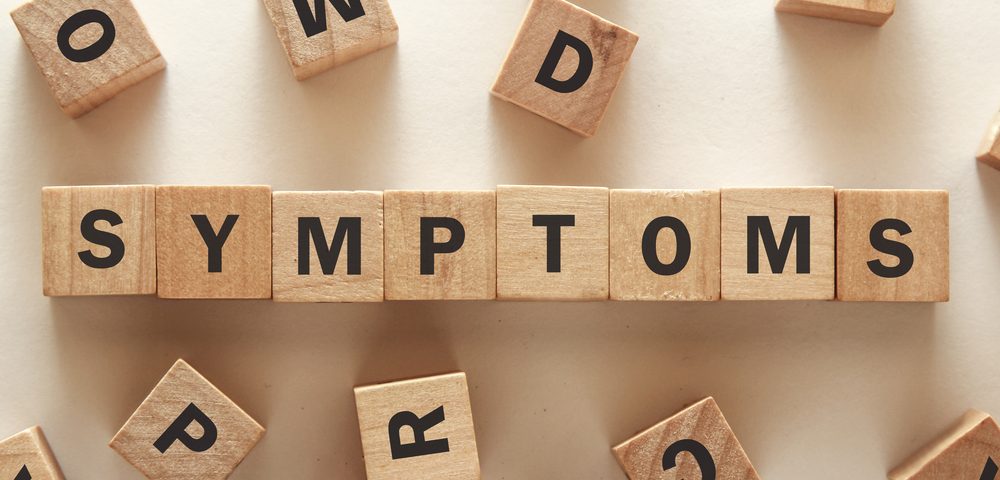A non-opioid therapy called ASP0819 failed to reduce fibromyalgia-associated pain over eight weeks, but showed promise as a safe treatment for sleep problems in a Phase 2a trial.
The findings warrant further research into the therapeutic potential of ASP0819 for fibromyalgia, researchers said.
The study, “Efficacy and Safety of ASP0819 in Patients with Fibromyalgia: Results of a Proof-of-Concept, Randomized, Double-Blind, Placebo-Controlled Trial,” was published in the Journal of Pain Research.
Treatments currently available to manage fibromyalgia symptoms are unable to fully alleviate the pain associated with the disorder. While opioids are used to treat many chronic pain disorders, they have not shown efficacy in easing fibromyalgia symptoms and carry risks of side effects and addiction.
ASP0819, an experimental therapy developed by Astellas Pharma to treat pain in fibromyalgia, acts by targeting a calcium-activated potassium channel known as KCa3.1 that reduces the activity of pain-associated nerves.
After positive results in healthy individuals, an Astellas-sponsored Phase 2a trial (NCT03056690) was conducted to assess the efficacy of ASP0819 as an analgesic as well as its safety and tolerability in patients with fibromyalgia.
A total of 184 participants (96.2% women and 82.1% white), mean age 49.3, received either a 15 mg oral dose of ASP0819 or a placebo once daily in the morning for eight weeks. Participants and researchers did not know who received the treatment or the placebo.
Participants had a pain score of at least 4 on the Fibromyalgia Impact Questionnaire Revised (FIQR) scale from 1 to 10, where 10 is the most severe. Held at 24 sites across the U.S., the study had a screening period of up to six weeks, an eight-week treatment period with site visits on days one, 15, 29, and 57, and a four-week follow-up.
Both groups had similar baseline fibromyalgia characteristics, with a mean daily pain score of 6.32 as assessed with a numerical rating scale (0–10). The proportion of participants with severe pain scores of at least 7 was 31.1% in the treatment group compared to 22.3% in the placebo group.
From baseline to the end of treatment, the mean pain score was not significantly different between the two groups, although a trend did favor ASP0819. At weeks two, six, and seven, pain was significantly lower in patients treated with ASP0819 than in those on placebo. Likewise, symptoms, overall disease impact, and total FIQR score were all significantly reduced at week four but not at the end of treatment.
At the end of treatment, people taking ASP0819 reported significant improvements in falling asleep, restlessness of sleep, and beginning the day. In addition, patients treated with ASP0819 found it easier to fall asleep at week two, experienced benefits in restlessness, discomfort, and ability to stay asleep at week three, and had deeper sleep and improvements at beginning the day at week six.
During the double-blind period, the mean proportion of days in which participants used the pain medication acetaminophen was low (24% in the placebo group and 22% in the ASP0819 group).
Also during this period, 5.6% of participants on ASP0819 and 2.1% of those in the placebo group used medication for fibromyalgia-related pain. Overall, more patients needed such treatment in the subsequent follow-up period (10.9% vs. 3.8% in the treatment stage).
More patients on ASP0819 than on placebo (31.1% vs. 20.2%) used medication for non-fibromyalgia related pain.
Treatment-related adverse events that emerged or worsened during treatment were reported by 29 participants in the placebo group (30.9%) and 22 taking ASP0819 (24.4%), with headache being the most common. One patient on ASP0819 reported severe insomnia, which led to study discontinuation. Three participants on placebo also withdrew from the study due to severe gastroenteritis, headache, and fainting. All other treatment-related adverse events were mild or moderate.
“Although this study did not meet its primary efficacy endpoint [goal] of change from baseline to Week 8 in mean daily average pain score for ASP0819 versus placebo, there were some signals suggestive of efficacy in patients with fibromyalgia,” the investigators wrote.

